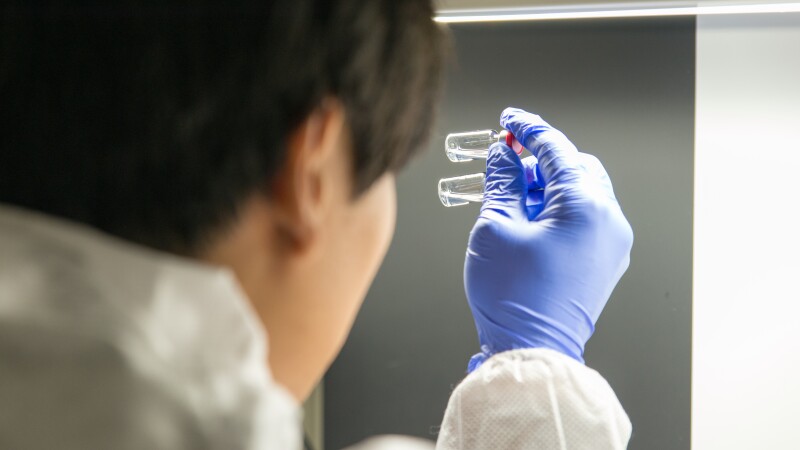In March 2014, West Africa was hit with the largest outbreak of the Ebola virus in history, which ultimately led to the deaths of 11,310 people in Guinea, Sierra Leone and Liberia within a two-year period.While the Director-General of the World Health Organization (WHO) declared the epidemic to no longer be a “public health enemy of international concern” in March 2016, what’s still unclear today is which of the various Ebola vaccines currently in development hold the most promise in protecting people from the lethal virus in the future.
So today, the Partnership for Research on Ebola VACcination (PREVAC)—an international collaboration led by Inserm, the French National Institute of Health and Medical Research; the National Institute of Allergy and Infectious Diseases of the National Institutes of Health in the U.S.; and the London School of Hygiene & Tropical Medicine—is announcing a new vaccine study to be conducted in West Africa.
What the clinical trial aims to do
The large Phase 2 clinical trial will evaluate the rapidity, intensity and duration of the immune responses generated by three different vaccination strategies, as well as their safety and tolerability, particularly in children. In its first stage, which just began enrollment in Guinea and Liberia, the PREVAC trial will evaluate a vaccination combining two different investigational vaccines (made by Janssen Vaccines & Prevention B.V., part of the Janssen Pharmaceutical Companies of Johnson & Johnson, and Bavarian Nordic, respectively) compared with a similar placebo regimen.
A second stage, which is expected to start in the second half of 2017, will evaluate this and two additional strategies involving a vaccine developed by Merck Sharp & Dohme, Corp.
The ultimate hope: discover which vaccines could best prevent, or at least quickly control, any devastating Ebola outbreaks that might occur down the road—and potentially save lives.
